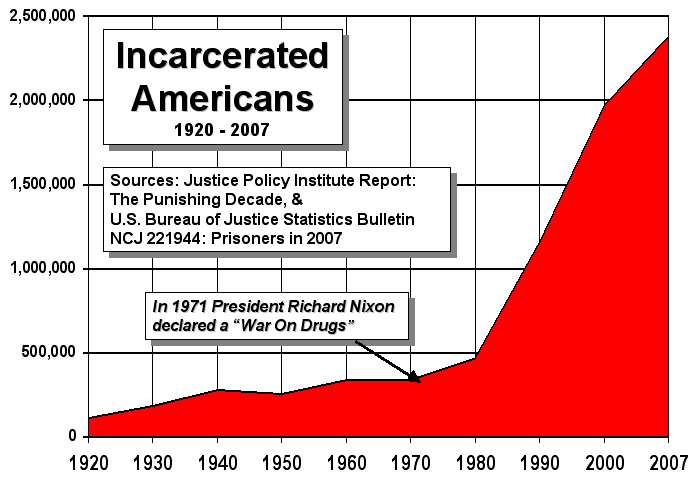- Banned
- #21
As has already been pointed out several times, military bases and federal lands count in those statistics for spending to the red states in general and the western states in particular.You're right, for once...Human nature hasn't changed.
People would rather go get the freebie from Big Daddy Big Gubmint --the heart and soul of Fabian socialist progressivism-- than provide for themselves.
Oh well, at least AFSCME bureaucrats will always be able to extort their way into the middle class anyways.
WHO gets the freebies from Big Daddy Big Gubmint?
This map shows the states that receive more than a dollar back for every dollar they pay in taxes (which they've coded red), and the states that receive less than a dollar back for every dollar they pay in taxes (which they've coded blue). Just to repeat: Red states are getting a good deal, and blue states a bad one. Here's the map:

There is a very strong correlation, then, between a state voting for Republicans and receiving more in federal spending than its residents pay to the federal government in taxes (the rust belt and Texas being notable exceptions). In essence, those in blue states are subsidizing those in red states.
You don't think that running the massive missile and gunnery ranges (i.e. White Sands) and administering lands in the states where the feds own upwards of 65%-90% of the lands comes cheaply, do you?



